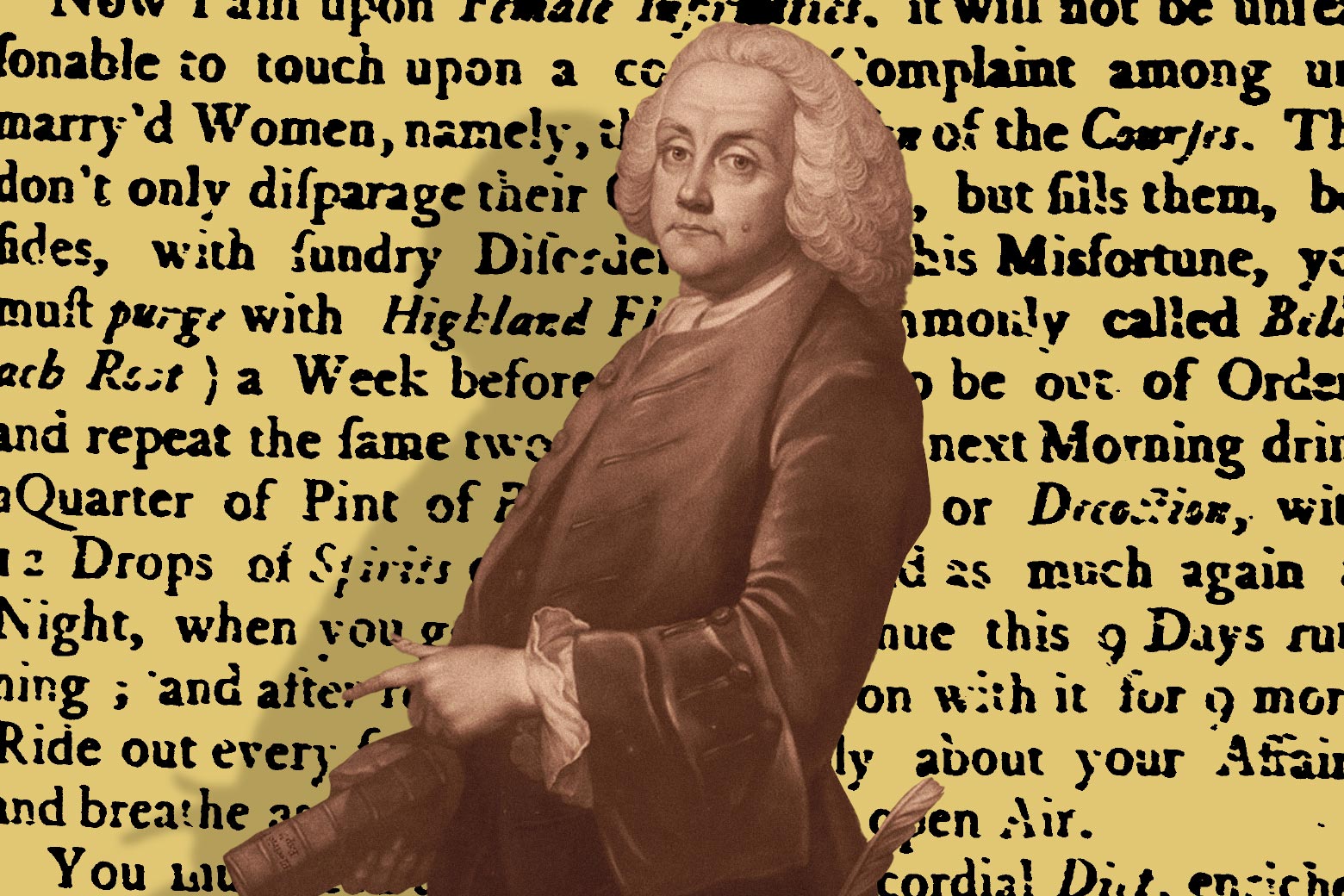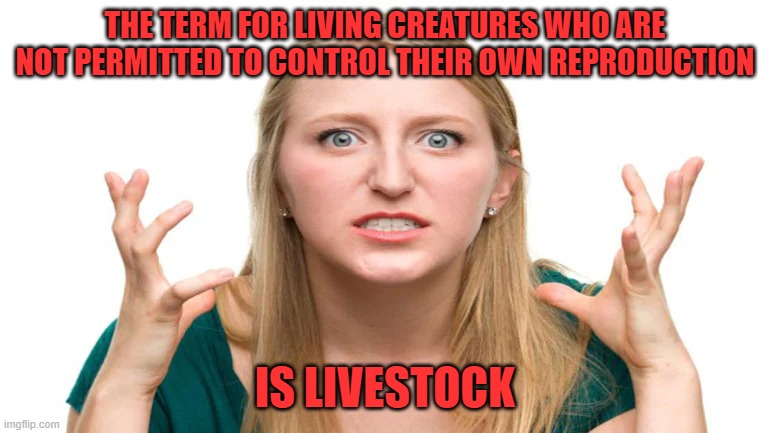@ICHerky uses emojis all the time - the right wing opinion media stole his ability to use facts.
What’s facts are needed for dumb ass statements you make?
Abortion is a religious issue for some but not most. It’s about killing unborn babies and that is wrong in my opinion. You disagree and think it’s okay to kill unborn babies.
Nothing about that has anything to do with religion.



